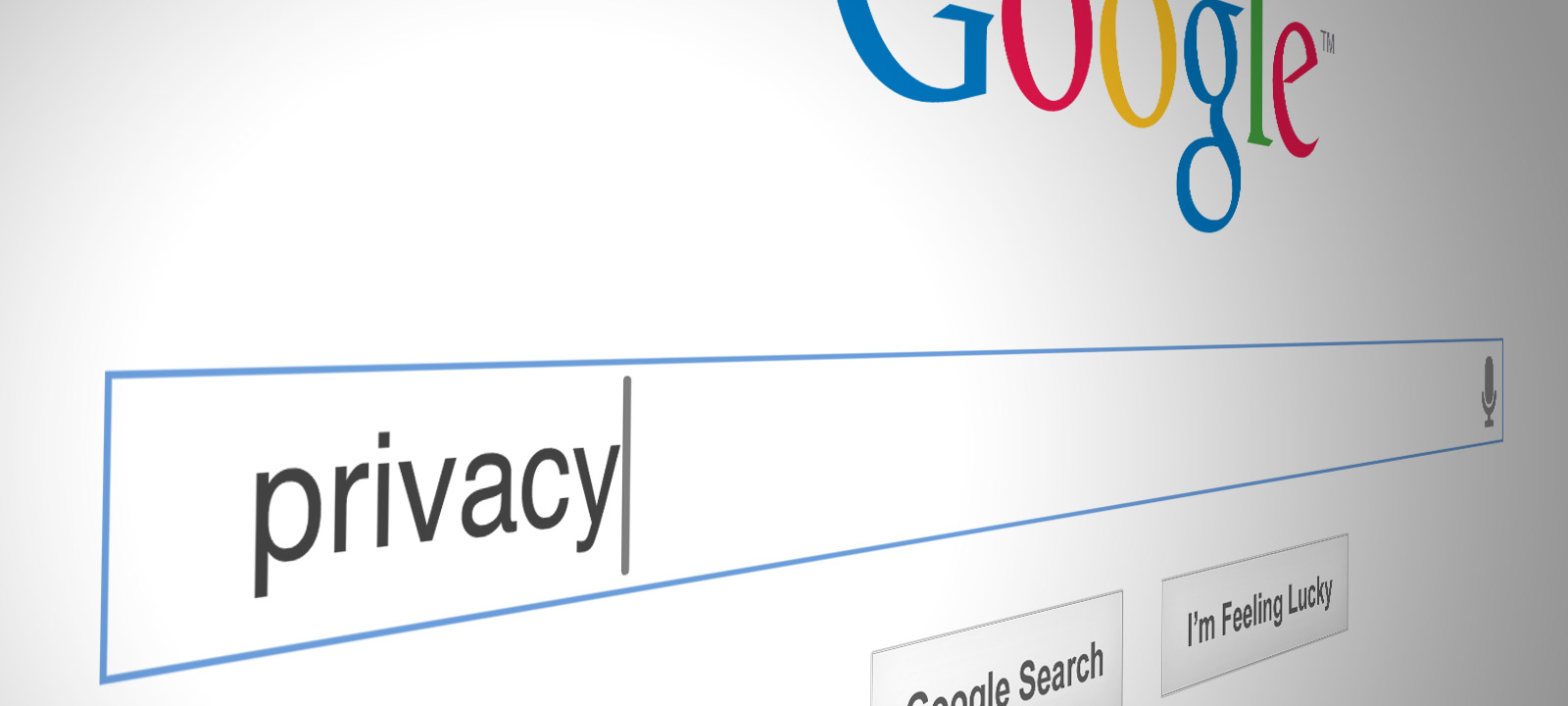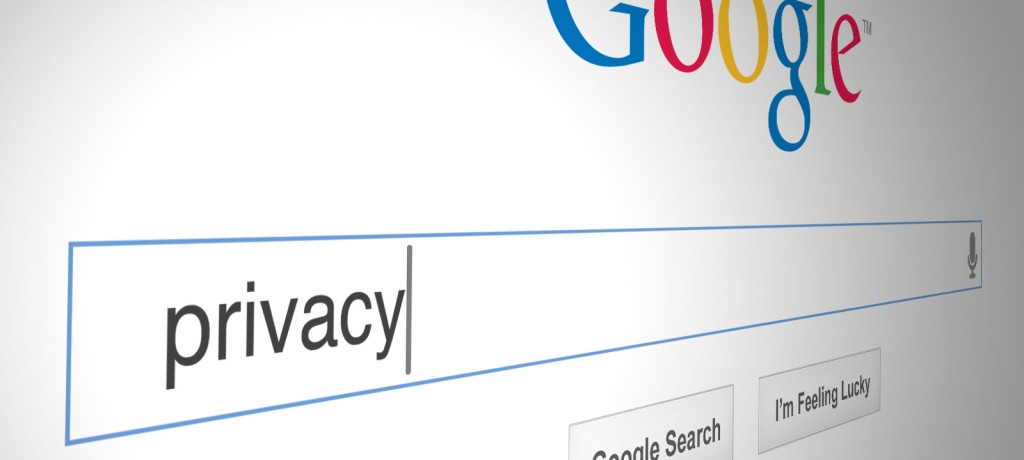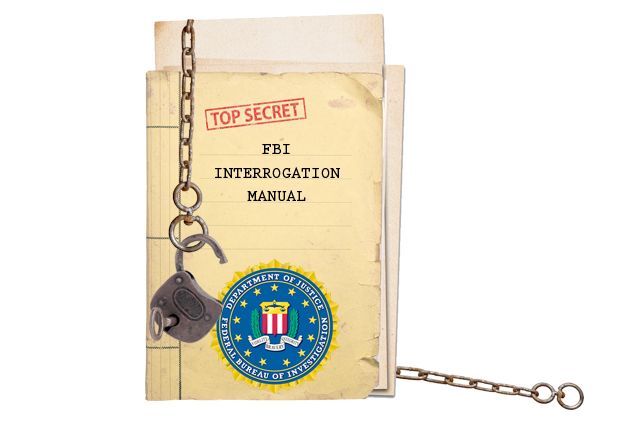 The FBI wanted America to know that the new chip-enabled credit cards are open to security vulnerabilities and should routinely be used with a PIN, which is a pretty safe method of protection against fraud. PINS probably provide greater user safety than signatures do.
The FBI wanted America to know that the new chip-enabled credit cards are open to security vulnerabilities and should routinely be used with a PIN, which is a pretty safe method of protection against fraud. PINS probably provide greater user safety than signatures do.
They posted a advisory online but the next day, the advisory had vanished. The American Bankers Association had objected to the FBI posting it, because its member banks prefer signatures to be used instead of PINs.
This is your American shopping dollars at work: being used by Big Money against you and your interests.




